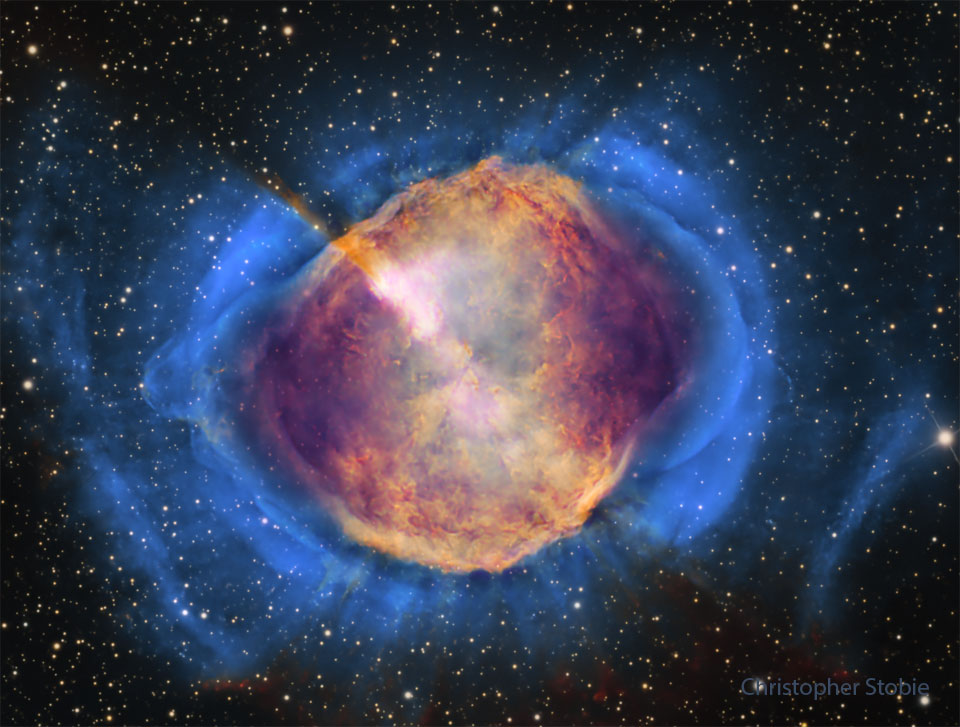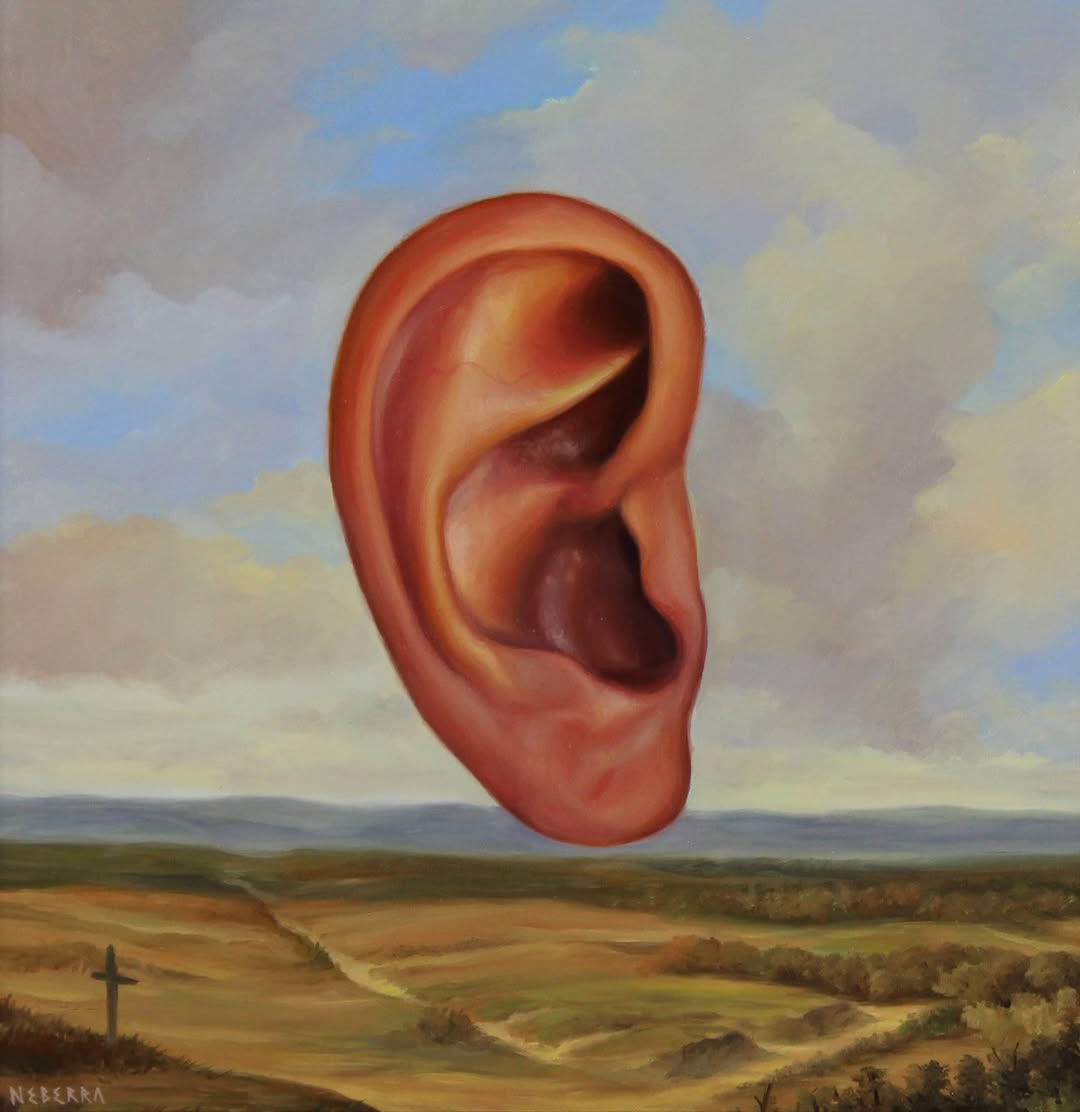Blog
Milton Jackson (January 1, 1923 – October 9, 1999 Detroit, MI), nicknamed “Bags“, was an American jazz vibraphonist. He is especially remembered for his cool swinging solos as a member of the Modern Jazz Quartet and his penchant for collaborating with hard bop and post-bop players.
A very expressive player, Jackson differentiated himself from other vibraphonists in his attention to variations on harmonics and rhythm. He was particularly fond of the twelve-bar blues at slow tempos. On occasion, Jackson also sang and played piano.
more...Bulee “Slim” Gaillard (January 9, 1911 – February 26, 1991), also known as McVouty, was an American jazz singer and songwriter who played piano, guitar, vibraphone, and tenor saxophone. Gaillard was noted for his comedic vocalese singing and word play in his own constructed language called “Vout-o-Reenee”, for which he wrote a dictionary.
In addition to English, he spoke five languages (Spanish, German, Greek, Arabic, and Armenian) with varying degrees of fluency.
He rose to prominence in the late 1930s with hits such as “Flat Foot Floogie (with a Floy Floy)” and “Cement Mixer (Put-Ti-Put-Ti)” after forming Slim and Slam with Leroy Eliot “Slam” Stewart. During World War II, Gaillard served in the US Army Air Forces. In 1944, he resumed his music career and performed with such notable jazz musicians as Charlie Parker, Dizzy Gillespie, and Dodo Marmarosa.
In the ’60s and ’70s, he acted in films—sometimes as himself—and also appeared in bit parts in television series such as Roots: The Next Generations. Gaillard resumed touring the circuit of European jazz festivals during the 1980s.
more...Xavier Cugat (Catalan; 1 January 1900 – 27 October 1990 Girona, Catalonia, Spain ) was a Spanish musician and bandleader who spent his formative years in Havana, Cuba. A trained violinist and arranger, he was a leading figure in the spread of Latin music. In New York City, he was the leader of the resident orchestra at the Waldorf–Astoria before and after World War II. He was also a cartoonist and a restaurateur. The personal papers of Xavier Cugat are preserved in the Biblioteca de Catalunya.
more...

Featured in this new image from the NASA/ESA Hubble Space Telescope is a nearly edge-on view of the lenticular galaxy NGC 4753. These galaxies have an elliptical shape and ill-defined spiral arms. This image is the object’s sharpest view to date, showcasing Hubble’s incredible resolving power and ability to reveal complex dust structures. NGC 4753 resides around 60 million light-years from Earth in the constellation Virgo and was first discovered by the astronomer William Herschel in 1784. It is a member of the NGC 4753 Group of galaxies within the Virgo II Cloud, which comprises roughly 100 galaxies and galaxy clusters. This galaxy is believed to be the result of a galactic merger with a nearby dwarf galaxy roughly 1.3 billion years ago. NGC 4753’s distinct dust lanes around its nucleus are believed to have been accreted from this merger event. It is now believed that most of the mass in the galaxy lies in a slightly flattened spherical halo of dark matter. Dark matter is a form of matter that cannot currently be observed directly, but is thought to comprise about 85% of all matter in the Universe. It is referred to as ‘dark’ because it does not appear to interact with the electromagnetic field, and therefore does not seem to emit, reflect or refract light. This object is also of scientific interest to test different theories of formation of lenticular galaxies, given its low-density environment and complex structure. Furthermore, this galaxy has been host to two known Type Ia supernovae. These types of supernovae are extremely important as they are all caused by exploding white dwarfs which have companion stars, and always peak at the same brightness — 5 billion times brighter than the Sun. Knowing the true brightness of these events, and comparing this with their apparent brightness, gives astronomers a unique chance to measure distances in the Universe. [Image Description: Lenticular galaxy NGC 4753 is featured with a bright white core and surrounding defined dust lanes around its nucleus, that predominantly appear dark brown in colour. A variety of faint stars fill the background of the image.]

more...
June Tabor (born 31 December 1947 in Warwick, England) is an English folk singer known for her solo work and her earlier collaborations with Maddy Prior and with Oysterband.
more...
Peter Alexander Greenlaw Quaife (born Kinnes; 31 December 1943 – 23 June 2010) was an English musician, artist and author. He was a founding member and the original bassist for the Kinks, from 1963 until 1969. He also sang backing vocals on some of their records.
Quaife founded a group known as the Ravens in 1963 with brothers Ray and Dave Davies. In late 1963 or early 1964, they changed their name to the Kinks. The group scored several major international hits throughout the 1960s. Their early singles, including “You Really Got Me” and “All Day and All of the Night“, have been cited as an early influence on the hard rock and heavy metal genres. In the band’s early days, Quaife, who was generally regarded as the best-looking member, was often their spokesman. He departed from the Kinks in 1969 and formed the band Mapleoak, which he left in April 1970.
After retiring from the music business, Quaife resided in Denmark throughout the 1970s. He relocated to Belleville, Ontario, in 1980, where he worked as a cartoonist and artist. He was diagnosed with kidney failure in 1998 and moved back to Denmark in 2005. Quaife died on 23 June 2010 of kidney failure.
more...James Robert Haslip (born December 31, 1951 NY,NY) is an American bass guitarist who was a founding member of the jazz fusion group the Yellowjackets, which he left in 2012. He was also an early user of the five-string electric bass.
more...Jonah Jones (born Robert Elliott Jones; December 31, 1909 – April 30, 2000) was a jazz trumpeter who created concise versions of jazz and swing and jazz standardsthat appealed to a mass audience. In the jazz community, he is known for his work with Stuff Smith. He was sometimes referred to as “King Louis II”, a reference to Louis Armstrong. Jones started playing alto saxophone at the age of 12 in the Booker T. Washington Community Center band in Louisville, Kentucky, before quickly transitioning to trumpet, where he excelled.
more...Odetta Holmes (December 31, 1930 – December 2, 2008 Birmingham, AL), known as Odetta, was an American singer, often referred to as “The Voice of the Civil Rights Movement“.Her musical repertoire consisted largely of American folk music, blues, jazz, and spirituals. An important figure in the American folk music revival of the 1950s and 1960s, she influenced many of the key figures of the folk-revival of that time, including Bob Dylan, Joan Baez, Mavis Staples, and Janis Joplin. In 2011 Time magazine included her recording of “Take This Hammer” on its list of the 100 Greatest Popular Songs, stating that “Rosa Parks was her No. 1 fan, and Martin Luther King Jr. called her the queen of American folk music.
more...The first hint of our Sun‘s future was discovered inadvertently in 1764. At that time, Charles Messier was compiling a list of diffuse objects not to be confused with comets. The 27th object on Messier’s list, now known as M27 or the Dumbbell Nebula, is a planetary nebula, one of the brightest planetary nebulas on the sky and visible with binoculars toward the constellation of the Fox (Vulpecula). It takes light about 1000 years to reach us from M27, featured here in colors emitted by sulfur (red), hydrogen (green) and oxygen (blue). We now know that in about 6 billion years, our Sun will shed its outer gases into a planetary nebula like M27, while its remaining center will become an X-ray hot white dwarf star. Understanding the physics and significance of M27 was well beyond 18th century science, though. Even today, many things remain mysterious about planetary nebulas, including how their intricate shapes are created.

Charles Weedon Westover (December 30, 1934 – February 8, 1990 Coppersville, MI), better known by his stage name Del Shannon, was an American musician, singer and songwriter, best known for his 1961 number-one Billboard hit “Runaway“. In 1999, he was posthumously inducted into the Rock and Roll Hall of Fame. In addition to his music career, he had minor acting roles.
more...Alessandro Piccinini (1566 – 1638) was an Italian lutenist and composer.
Piccinini was born in Bologna into a musical family: his father Leonardo Maria Piccinini taught lute playing to Alessandro as well as his brothers Girolamo (died 1615) and Filippo (died 1648). He held appointments at the Este court in Ferrara (from 1582 to 1597) and with Cardinal Pietro Aldobrandini, papal legate at Bologna and Ferrara. Piccinini died around 1638, probably in Bologna. He is best known for his two volumes of lute music: Intavolatura di Liuto et di Chitarrone, libro primo (Bologna, 1623) and Intavolaturo di Liuto (Bologna, 1639), the latter published posthumously by his son Leonardo Maria Piccinini. The 1623 collection is of particular importance because of Piccinini’s lengthy preface, which includes a detailed manual on performance, as well as claims to have invented the archlute (Piccinini also made important modifications to the chitarrone). Piccinini concentrated on toccatas, courantes and galliards, as well as different kinds of variations. No other works by Piccinini are known; his music for La selva sin amor, the first opera performed in Spain, composed by his brother Filippo Piccinini is lost.
more...Ellas Otha Bates (December 30, 1928 – June 2, 2008 McComb, MS), known professionally as Bo Diddley, was an American guitarist and singer who played a key role in the transition from the blues to rock and roll. He influenced many artists, including Buddy Holly, Elvis Presley, the Beatles, the Rolling Stones, the Animals, George Thorogood, Syd Barrett, and the Clash.
His use of African rhythms and a signature beat, a simple five-accent hambone rhythm, is a cornerstone of hip hop, rock, and pop music. In recognition of his achievements, he was inducted into the Rock and Roll Hall of Fame in 1987, the Blues Hall of Fame in 2003, and the Rhythm and Blues Music Hall of Fame in 2017. He received a Lifetime Achievement Award from the Rhythm and Blues Foundation and the Grammy Lifetime Achievement Award. Diddley is also recognized for his technical innovations, including his use of tremolo and reverb effects to enhance the sound of his distinctive rectangular-shaped guitars.
more...
Patricia Lee Smith (born December 30, 1946 Chicago) is an American singer, songwriter, poet, painter, author, and photographer. Her 1975 debut album Horses made her an influential member of the New-York-City-based punk rock movement. Smith has fused rock and poetry in her work. In 1978, her most widely known song, “Because the Night“, co-written with Bruce Springsteen, reached number 13 on the Billboard Hot 100 chartand number five on the UK Singles Chart.
In 2005, Smith was named a Commander of the Ordre des Arts et des Lettres by the French Ministry of Culture. In 2007, she was inducted into the Rock and Roll Hall of Fame. In November 2010, Smith won the National Book Award for her memoir Just Kids, written to fulfill a promise she made to Robert Mapplethorpe, her longtime partner and friend. She is ranked 47th on Rolling Stone magazine’s 100 Greatest Artists of all Time, published in 2010, and was awarded the Polar Music Prize in 2011.
more...More Posts
- Stanley Clarke Day
- Andrew Hill Day
- Dave Van Ronk Day
- Lena Horne Day
- World Music with Joseph & James Tawadros
- Daily Roots with Coco Tea And Shabba Ranks
- Music for Surviving the Pandemic and Realizing Racial Justice
- The Cosmos with IC 2944
- Ike Sturm Day
- Little Eva Day
- Julian Priester Day
- Ralph Burns Day
- World Music with Amira Kheir
- Daily Roots with Garnett Silk
- Music for Surviving the Pandemic and Realizing Racial Justice
- The Cosmos with IC 4592
- Steve Williamson Day
- John Medeski Day
- David “Honeyboy” Edwards Day
- World Music with Steven Bodénès and Sylvain Hamon
